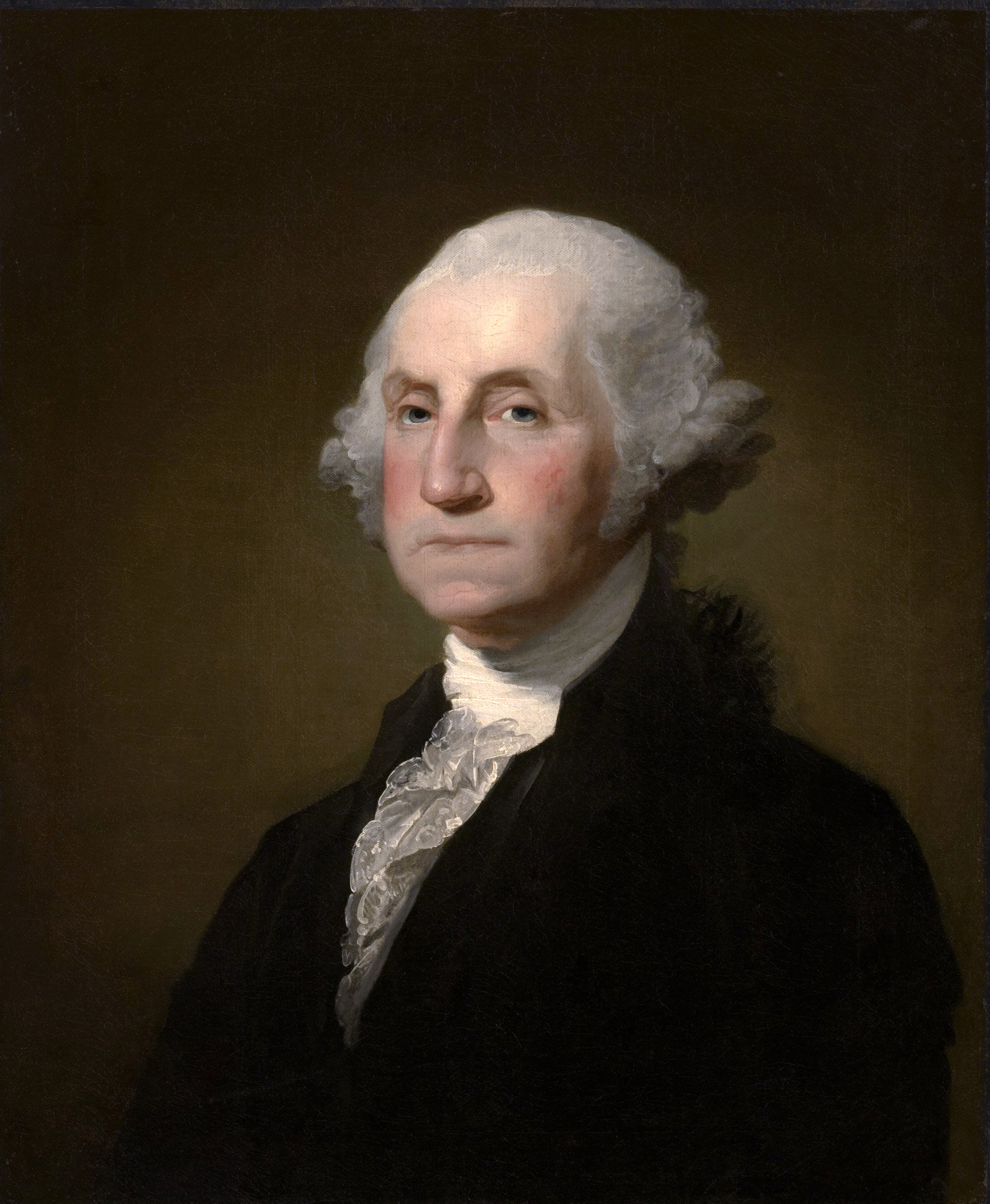
Suplemento educativo
Civics (History and Government) Questions for the Naturalization Test - part 7
Preguntas de educación cívica (historia y gobierno) del examen de naturalización - parte 7
Por Estela González Torres
October 2015Continuamos repasando la historia del país. Tenga presente que el examen es oral e incluirá 10 de las 100 preguntas que estamos recogiendo en La Voz este año. Necesita contestar bien 6 como mínimo y siempre utilizando el nombre del oficial USCIS que lo entreviste. Si tiene 65 años o más y es residente legal permanente de EE.UU. desde hace 20 años o más, solo necesita estudiar las preguntas marcadas con un asterisco (*).
AMERICAN HISTORY
69. Who is the “Father of Our Country”?
▪ (George) Washington
George Washington was a brave general who defeated the British Army and then became the first American president.
70. Who was the first President?*
▪ (George) Washington
George Washington served two terms as the first U.S. president, from 1789 to 1797.
71. What territory did the United States buy from France in 1803?
▪ the Louisiana Territory
▪ Louisiana
In 1803, the United States bought the Louisiana Territory from France for $15 million. It was the largest acquisition of land in American history.
72. Name one war fought by the United States in the 1800s.
▪ War of 1812
▪ Mexican-American War
▪ Civil War
▪ Spanish-American War
The United States fought four major wars in the 1800s: the War of 1812 (until 1815), the Mexican-American War (1846-1848), the Civil War (1861-1865), and the Spanish-American War (1898).
73. Name the U.S. war between the North and the South.
▪ the Civil War
▪ the War between the States
The American Civil War is also known as the War between the States. Americans in the northern states fought to support the federal government (“the Union”) against Americans from the southern states.
74. Name one problem that led to the Civil War.
▪ slavery
▪ economic reasons
▪ states’rights
The Civil War began when 11 southern states voted to separate themselves to form a new nation, the Confederate States of America (“the Confederacy”). They wanted states’ rights with each state making their own decisions about their government. The southern states feared that the U.S. government would end slavery and that this would hurt their economic and political independence.
75. What was one important thing that Abraham Lincoln did?*
▪ freed the slaves (Emancipation Proclamation)
▪ saved (or preserved) the Union
▪ led the United States during the Civil War
Abraham Lincoln was president of the United States from 1861 to 1865, and led the nation during the Civil War. Lincoln thought the separation of the southern (Confederate) states was unconstitutional, and he wanted to preserve the Union. He issued the Emancipation Proclamation, declaring that slaves living in the southern states were free.
76. What did the Emancipation Proclamation do?
▪ freed the slaves
▪ freed slaves in the Confederacy
▪ freed slaves in the Confederate states
▪ freed slaves in most Southern states
77. What did Susan B. Anthony do?
▪ fought for women’s rights
▪ fought for civil rights
Susan B. Anthony (1820-1906) is known for campaigning for the right of women to vote. She spoke out publicly against slavery and for equal treatment of women in the workplace.
Vocabulario útil
Acquisition [ácuisishon] adquisición, compra
Amendment [améndment] enmienda (artículo de la Constitución de EE.UU.)
Campaigning [campéinin] defendiendo
The Confederate States of America (“the Confederacy”) [de conféderet stéits of américa, de conféderesi] los Estados Confederados de América ("la Confederación")
The Emancipation Proclamation [emánsipeishon próclameishon] la Proclamación de la Emancipación
Equal treatment [ícual tritment] trato igualitario
Freed [fríid] liberó
Feared [fíerd] temían
Hurt [hért] dañar
Led [led] condujo, dirigió
Major [méiyor] grande, importante
Preserved [prisérvd] preservó
Rebelling [rébelin] rebelde
Slavery [sléiveri] esclavitud
Spoke out against [spóq aut águenst] denunció
The Union [de iúnion] La Unión
back to topCOPYRIGHT 2015
La Voz, Cultura y noticias hispanas del Valle de Hudson
Comments | |
| Sorry, there are no comments at this time. |

